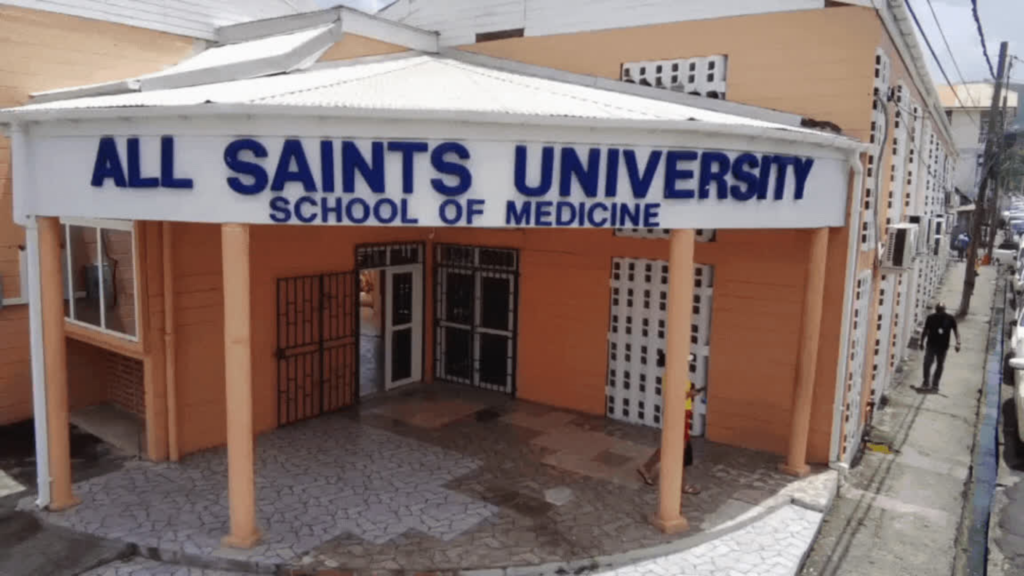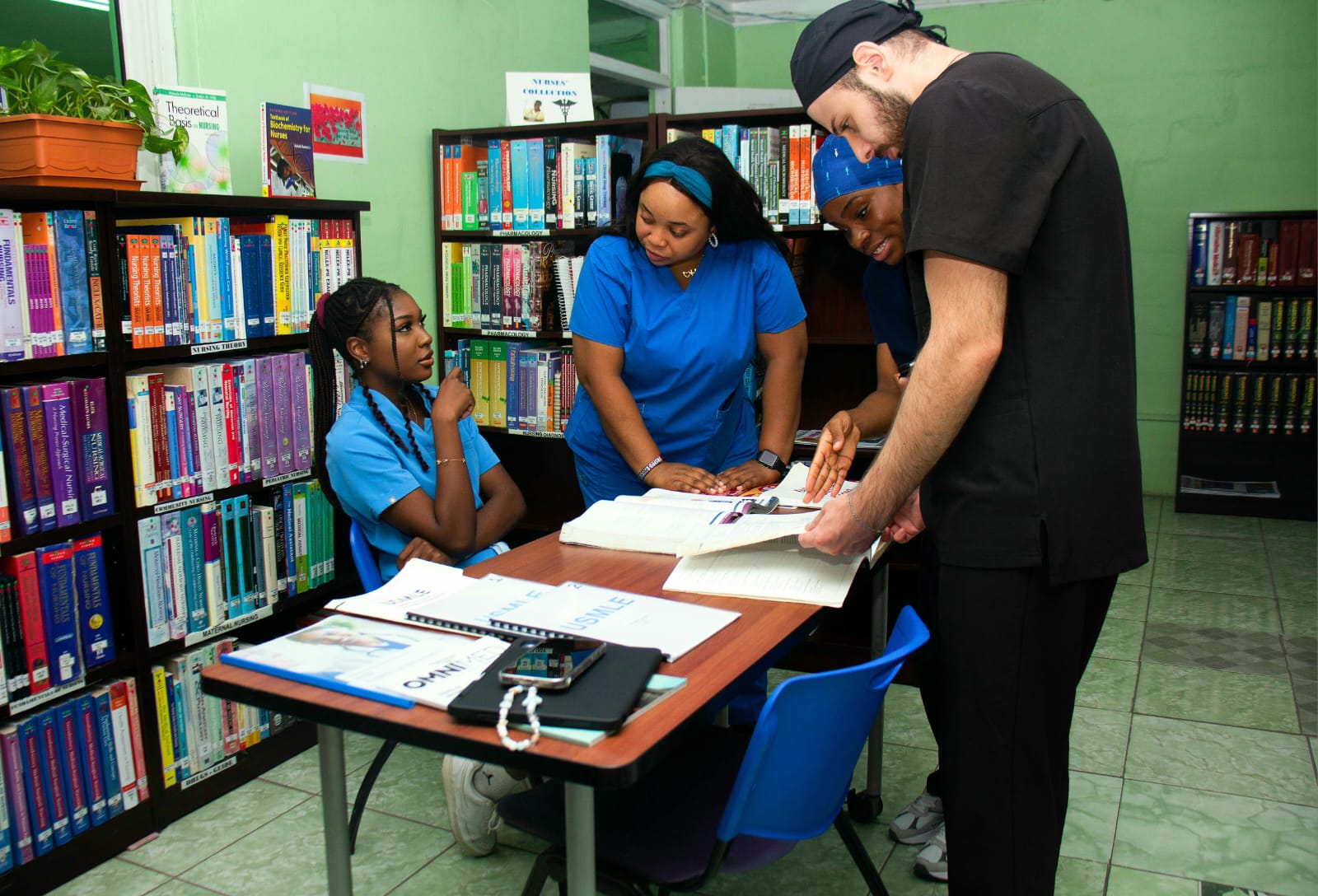When diving into the quest for the right medical school, cost becomes a crucial factor. Unlike other fields, medical education tends to come with a hefty price tag. Scholarships and grants aren’t always readily available, making it essential to explore affordable options.
In the quest for budget-friendly medical schools, the Caribbean emerges as a viable choice. While pricier institutions may carry prestige, the education offered at more affordable Caribbean medical schools is often on par, making them a practical and financially sound alternative.
Are Caribbean medical schools good?
Determining if Caribbean medical schools are good involves a blend of facts and perspectives. Not all Caribbean schools deliver the same quality or results. Here’s why some can be considered good:
- Match Rates
The best Caribbean medical schools flaunt a match rate of around 70%. While this is lower than the 94% match rate for US MD graduates, it’s comparable to the 79% match rate for US DO graduates.
- Equivalent Education
Caribbean medical schools offer curricula, clinical training, and residency opportunities on par with U.S. medical schools.
- Similar Career Outcomes
The best Caribbean schools can lead to career outcomes akin to U.S. medical schools. Graduates from both regions, with similar exam scores, often secure residencies at similar rates.
It’s crucial to scrutinize the specific Caribbean medical school you’re eyeing. If it aligns with your criteria, it might just be the right fit for you.
Advantages of choosing Caribbean medical schools
Opting for a Caribbean medical school comes with its set of advantages.
- Higher Acceptance Chances:
US medical schools often set the bar high with an average MCAT of 31 and a GPA of 36. In contrast, Caribbean medical schools have more lenient entry requirements, providing a higher chance of acceptance.
- US Clinical Rotations:
Certain Caribbean medical schools offer clinical rotations in the United States for 3rd and 4th-year students. This is a valuable opportunity, especially if you aspire to practice medicine in the U.S.
- Early Clinical Exposure:
Caribbean medical schools prioritize early clinical exposure, allowing students to apply their preclinical knowledge in real-world settings during rotations. This hands-on experience enhances preparedness for clinical practice.
- Pleasant Climate:
The Caribbean boasts a consistently beautiful tropical climate, providing a conducive environment for studying. Considering the impact of surroundings on learning, the appealing weather becomes a significant factor when choosing a medical school.
- International Medical Training:
With the global nature of today’s society, Caribbean medical schools offer international medical training opportunities. Close affiliations with teaching hospitals allow students to engage in clinical rotations in the U.S., providing a valuable global perspective for future medical practitioners.
Eligibility Criteria
Enrolling in the most affordable Caribbean medical schools involves a process akin to U.S. medical school applications. While specifics vary, common requirements include:
Science Degree:
- Possession of a science degree from an accredited college or university.
Undergraduate GPA and MCAT:
- Meeting qualifying criteria for undergraduate GPA and MCAT scores.
Letters of Recommendation:
Providing letters of recommendation to support your application.
Resume/Cover Letter:
Submitting a comprehensive resume and cover letter.
Transcripts:
Furnishing academic transcripts for evaluation.
When applying, ensure you have completed:
8 Semester Hours (One Year) in:
- Inorganic (General) Chemistry
- General Biology or Zoology
- Physics
- Organic Chemistry
- Mathematics
- English
Meeting these requirements increases your eligibility and sets the foundation for a successful application to the Caribbean medical school of your choice.
What factors matter when choosing an affordable medical school in the Caribbean?
Before you commit to the most affordable Caribbean medical school, several crucial factors should guide your decision:
- Residency Advisory Support:
Ensure the school provides robust support from a residency advisory team. A skilled advisor can enhance your chances by helping you showcase your qualifications, target suitable residencies, and prepare effectively for interviews.
- Graduation Success Rate:
Investigate the percentage of students who successfully graduate from the medical school. If there’s a history of students being held back, it might be a red flag, urging you to explore alternative options.
- Residency Placement Rates:
Examine the success rate of graduates in obtaining residencies in the United States. Some Caribbean schools boast high graduation rates, while others struggle with notable drop-out rates. Be cautious – if a large number of graduates face challenges securing U.S. residencies, reconsider your choice of a budget-friendly school.

The most affordable Caribbean medical school
For those seeking the most affordable option to study medicine in the Caribbean, All Saints University of Medicine in Dominica stands out as an excellent choice. This medical college not only nurtures students with a passion for medicine but also emphasizes a broader and
Here’s what sets All Saints University School of Medicine, Dominica apart:
- Financial Support:
Awards an automatic 20% tuition fee scholarship for qualified citizens of Dominica.
Facilitates credit-based loans and student lines of credit through various financial institutions and banks in the Canada.
- Affordable Tuition:
Tuition fees start from $5750 per semester, making it a cost-effective option for aspiring medical students.
All Saints University School of Medicine, Dominica, not only focuses on academic excellence but also strives to alleviate financial barriers, ensuring that passionate students can pursue their medical education without undue financial strain.





